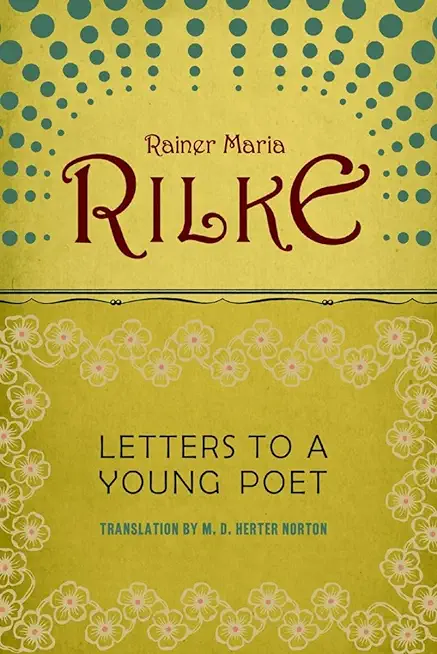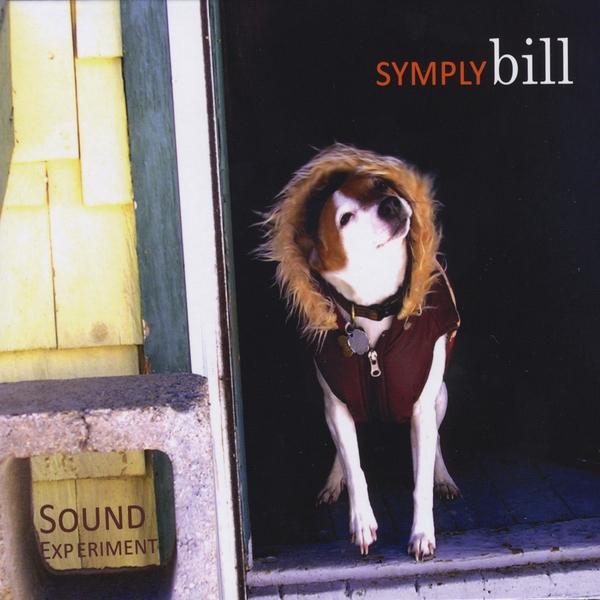
description
9Insightful and provocative letters by a great twentieth-century poet to his artist wife about life and, revealingly, his own writing. An intimate look at this canonical poet's process, mental health, and quotidian moments during the early 1950s. One of the most significant European poets of the twentieth century, Paul Celan came from an Eastern European Jewish family and lost his parents to the death camps of World War II. Transplanted to Paris, he produced a body of work that was an ongoing confrontation with that history of loss and with the German language. His poems, anguished and unsleeping, have by now been translated into many languages, becoming a touchstone for poets, writers, and philosophers. Letters to Gisèle presents the letters Celan wrote to his wife, the French visual artist Gisèle Celan-Lestrange, over the course of close to twenty years, along with letters to the couple's son, Eric, and letters from Gisèle to Paul. They provide an intimate view of his literary career and troubled life, which was marked by repeated stays in psychiatric clinics. They also provide an unparalleled glimpse into Celan's poetic workshop, including his own word-for-word renderings from German into French of more than a dozen of his poems. These he addressed to Gisèle as an ongoing, informal German lesson. They figure too as messages from the heart. Presented here trilingually, these overlapping versions of Celan's poems open up new dimensions of his famously hermetic poetry, as dazzling as it is dark. This edition includes some poems in the original German and Celan's own translations of them.
member goods
No member items were found under this heading.
Return Policy
All sales are final
Shipping
No special shipping considerations available.
Shipping fees determined at checkout.







